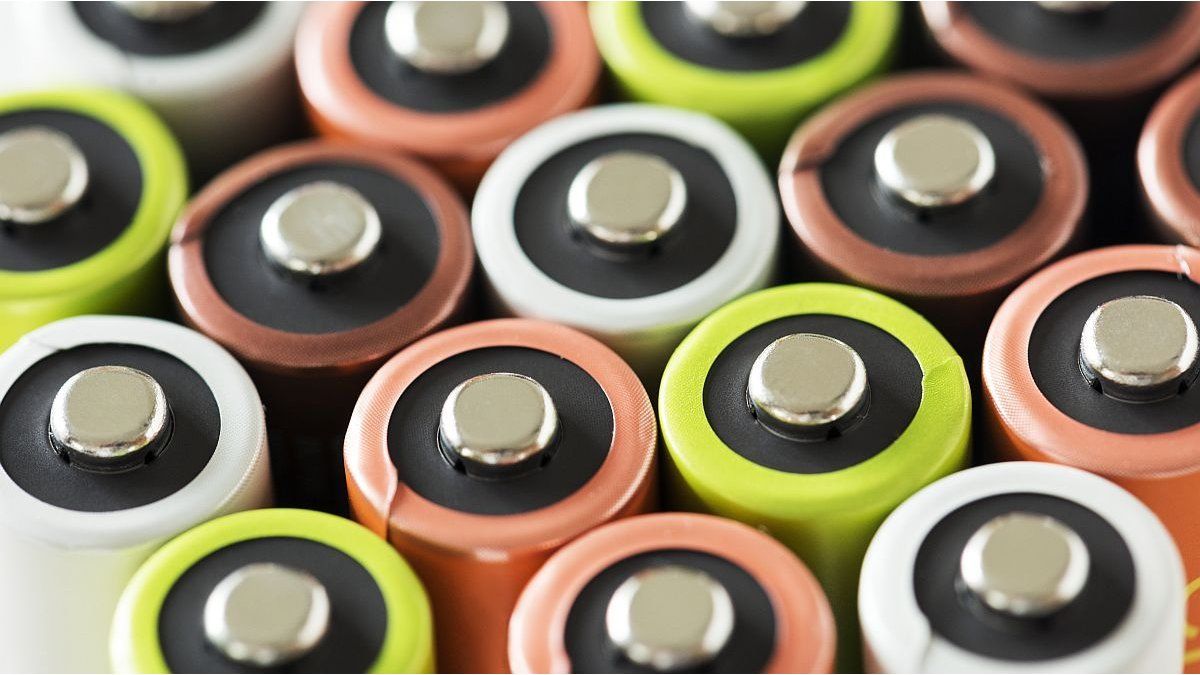The National Government formalized a key change in Law No. 26,184, which regulates the manufacture, import and marketing of Primary batteries and batteries. Through Decree 431/2025, published in the Official Gazette, local technical demands are eliminated that locked importation, now allowing the products to have Certifications issued by international technical organizations.
This measure, promoted in line with the general policy of Commercial deregulation and opennessseeks to expedite processes, lower logistics costs and eliminate the duplication of requirements. In other words, if a battery has a seal of quality of a recognized foreign organism, It will no longer be necessary to repeat essays in Argentinawhich until now implied greater expenses and waiting times for importers.
Key changes in the law: double authority of application and end of the monopoly of the inti
The new decree modifies articles 4, 6 and 7 of the law, and repeals article 8, which established the National Institute of Industrial Technology (INTI) as the only authorized body to issue technical certificates.
From now on, the application authority will be Shared between the Ministry of Tourism, Environment and Sports (Environmental) and the Ministry of Industry and Commerce of the Ministry of Economy (in technical-commercial).
This scheme opens the door to broader and wider validationalthough it still leaves the list of international organizations that will be considered valid to issue certifications. Meanwhile, the previous regime will continue until the new procedure is regulated.
ALIGNMENT WITH THE BASE LAW AND THE DESREGULATION AGENDA
The reform is part of the spirit of the Base Law No. 27,742recently approved, and in tune with the Decree 70/2023which eliminated the powers of the State to impose restrictions on foreign trade. It is part of the process of overbourctization of the state apparatus and the disassembly of technical organizations that the ruling party considers unnecessary or excessively interventionist.
According to the text of the decree, “the duplication of certifications makes the import process to detriment of both companies and consumers more.”
In the same vein, from the Executive they argue that this flexibility will allow the country It is not technologically isolated and that accelerates the entry of state -of -the -art products to the market.
Less controls, more risks: How to guarantee safety and environmental care?
The new scheme, however, generates questions between specialists of the technical and environmental sector. While the need to eliminate unnecessary bureaucracy is recognized, there are doubts about The real capacity of the State to control imported productsespecially in a delicate segment such as batteries and batteries, which They can contain toxic materials and suppose risks both for health and the environment.
In this sense, the key will be accurately define which international organizations will be considered valid To issue certifications, and what mechanisms the State will have to perform post-engineer controls or detect non-compliant products.
The possibility of entering products from Low quality or with doubtful certificatesin a context where the government has minimized the functions of control and technical evaluation of entities such as Inti or Senasa.
Impact on consumers and local industry
For consumers, the measure could translate into lower prices and greater availability of products, especially in high -rotation segments such as AA, AAA or rechargeable batteries. But there is also the risk of lower durability, technical failures either products that do not meet adequate standards If there is no good state control.
As for the local industrythe measure could involve greater competition by imported productscheaper and with more agile certification processes. This could weaken national manufacturersunless complementary policies of industrial development and technological improvement are applied.
The modification to Law 26,184 reflects the deregulator direction of the government, with the focus on reduce costs, expedite imports and shrink the state. However, these types of measures require an efficient and transparent controlto prevent commercial opening from deriveing a loss of quality, safety or environmental control.
As usually happens with rapid regulatory changes, Success will depend on concrete implementation and of the State’s ability to ensure that the benefits in terms of competitiveness do not translate into Risks to health, environment or national industry.
Source: Ambito




